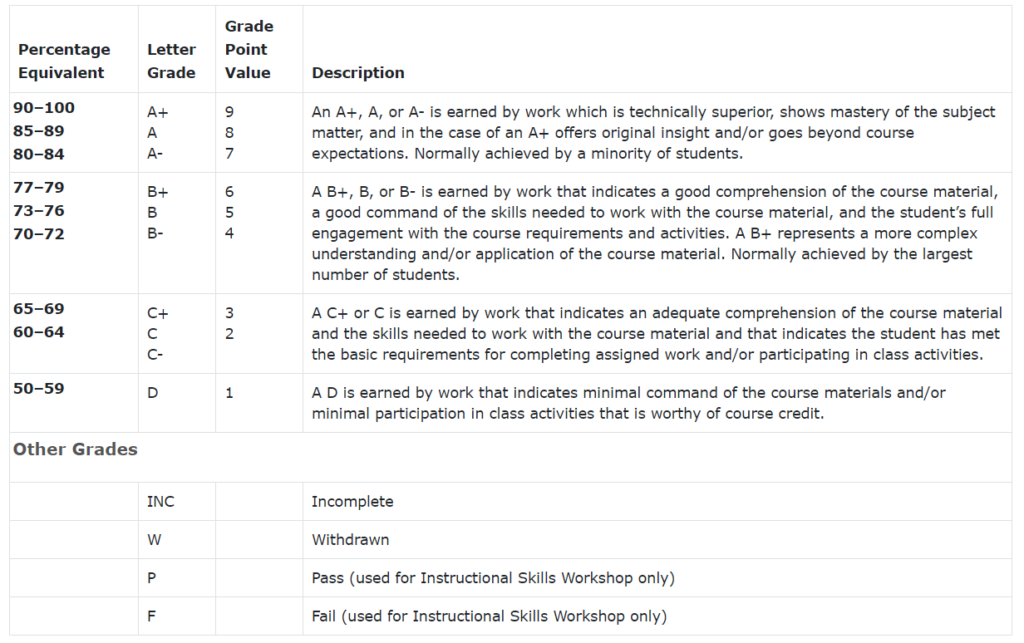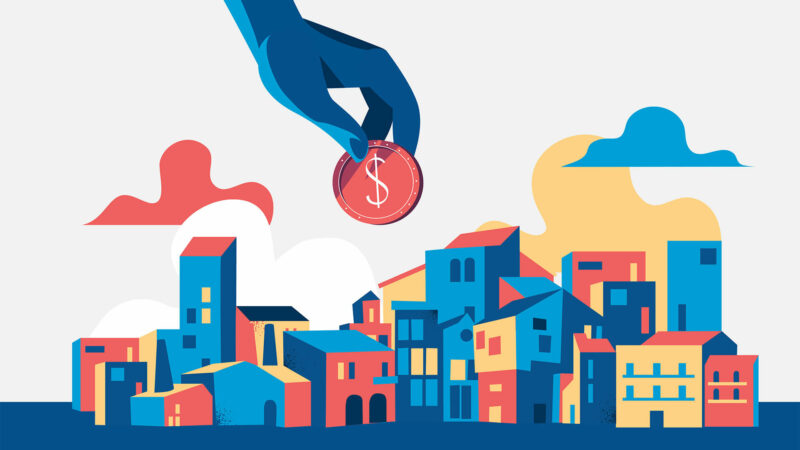Summary
Economics, is a study of scarcity and its implications for the use of resources, production and growth of goods and services and welfare over time, and a great amount of complex issues of vital concerns towards the society (What is economics?, 2022). It also can be defined as “a system of inter-related production and consumption activities that ultimately determine the allocation of resources within a group” (Kenton, 2023). Since the availability of resources is limited, the economic system is essential in managing them to be used in a practical way that avoids wasting and benefits human society to the most extent. The range of resources includes labour, capital, land etc.
For example, the manufacturers always want to produce products that satisfy the customer’s current demands in the market to get higher profits; therefore, the products that bring lower profits would be less likely to be produced. One concept called a positive economic statement could help manufacturers to predict the future trends of their products based on current market analysis. The resource allocation process is conducted based on the analysis, in which the products that are predicted to bring higher profits present and in the future will be assigned more resources for production, including cost, labour, raw materials etc. Conversely, the products that are predicted as the lower value would be curtailed on utilizing their resources to avoid waste.
(brief description of misconception)
There is a common misconception that economics, commerce, and finance are synonymous or interchangeable terms. For instance, a common one would be people asking econ majors about investing, the stock market, and futures, in which all fall into the field of finance/commerce. Economics is a social science that examines the production, distribution, and consumption of goods and services. It focuses on understanding the behavior of economic systems, analyzing market forces, and studying macroeconomic indicators. Commerce, on the other hand, pertains to the activities of buying and selling goods and services. It encompasses marketing, sales, logistics, and distribution, emphasizing transactions between businesses and consumers. Finance deals with the management of money, investments, and financial resources. It covers areas such as financial planning, risk management, and the allocation of funds for maximizing profitability and mitigating financial risks. While these fields share some commonalities, such as their connection to business and finance, they have different scopes. Recognizing their distinctions is essential for a comprehensive understanding of how economies function, how businesses operate in the marketplace, and how financial resources are managed.
Mark Breakdown
| Grading Items | Due Dates | Percent |
| Quizzes and Participation | Ongoing | 20% |
| Discussion Forum | May 17th – June 23rd | 25% |
| Kahoot! | June 1th | 10% |
| In-class Debate | June 20th | 25% |
Grading Scale

